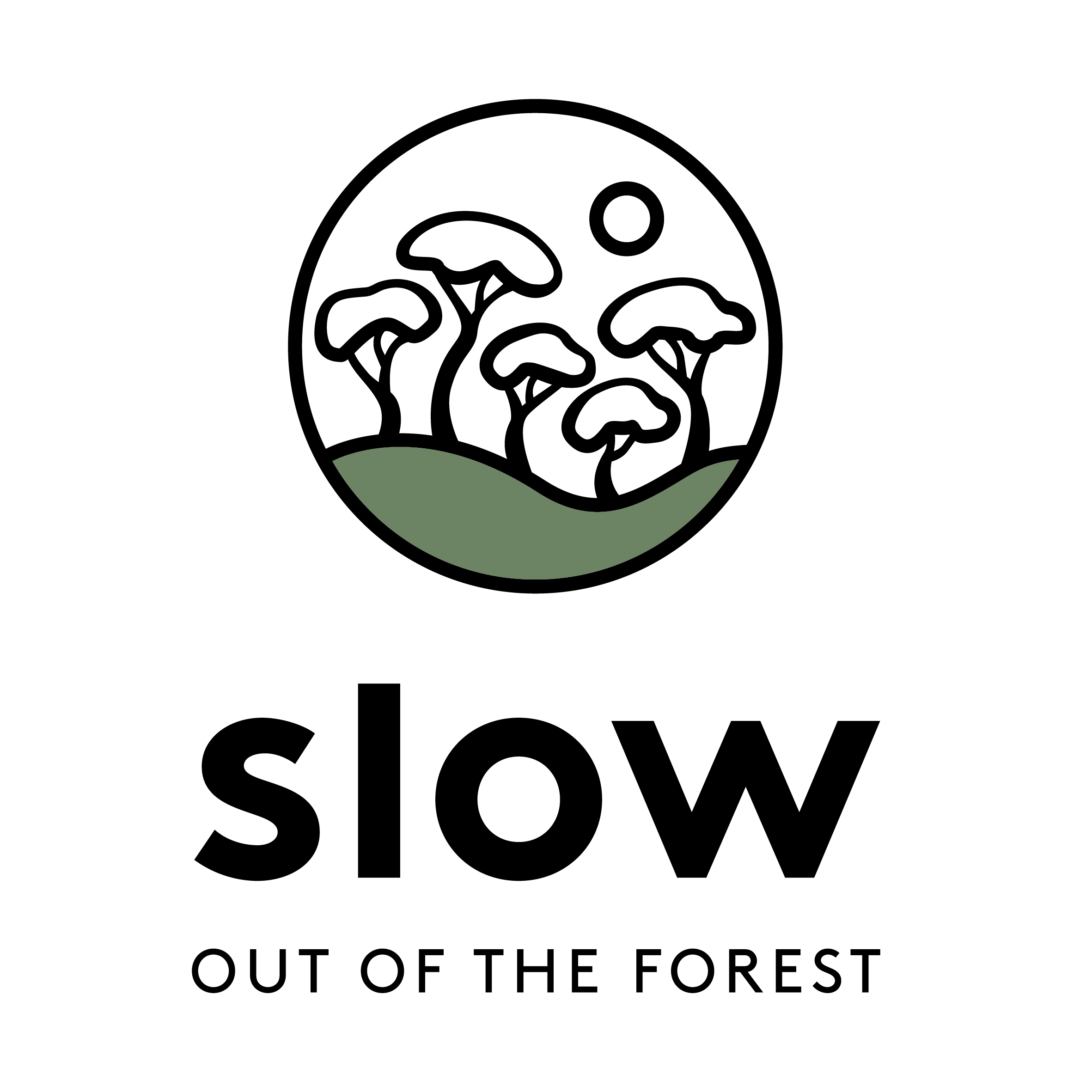Prosperous Forests

About
Prosperous Forests improves the livelihoods of coffee farmers through greater transparency and by shortening the coffee value chain, while simultaneously protecting forests.
Investing in Impact
P4G has provided the partnership with $321,000 in grant funding.
Prosperous Forests is disrupting the coffee value chain through an integrated model that cuts out brokers and other intermediaries and enables smallholder coffee farmers to receive and retain better prices for their beans. By shortening the value chain to just three entities: Farmer – Slow coffee – Consumer, the partnership can pay higher prices to the farmer. It also provides farmers with a stable livelihood by establishing long-term contracts with companies interested in sustainably sourced coffee.
The long-term contracts give companies access to coffee from a single farmer and a customized coffee experience including roast profile and the opportunity to empower farmers by assisting them with health insurance, transport and other needs. Prosperous Forests also leverages the long-term contract to raise finance to buy and convert monoculture coffee plantations into regenerative agroforests.
With P4G funding, the partnership conducted feasibility studies for scaling up and replicating the model in Indonesia, Vietnam, Ethiopia and Laos.
The studies showed that Huong Hoa district in Quang Tri province (Vietnam) provides a great opportunity for the Prosperous Forests partnership. Slow & WWF Vietnam teams have begun work to operationalize the partnership in this new area as a first priority following the completion of the feasibility studies. The location has the potential to exceed the partnership’s aspirations.
There is also strong potential to scale up the work in Laos and replicate to Indonesia and Ethiopia. Further due diligence and/or additional on-the-ground partners are required before implementation in these locations can begin.
The Prosperous Forests partnership showed that the model between a trusted philanthropic organization and a mission-driven business can offer a strong value proposition and amplify potential impact. This value was recognized by local communities, policy makers and customers.



.png)